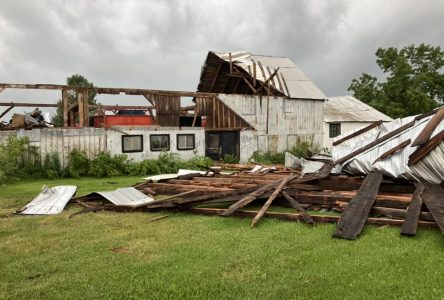Amid the fourth wave of COVID-19, some people are refusing to get their second and third shots if they can’t receive the Pfizer brand of vaccine. This phenomenon, referred to as “vaccine shopping”, has led to a negative impact on vaccination rates, and may have disastrous consequences down the line.
Moderna supply interruptions in the early days of the pandemic led to most people receiving Pfizer as their first and second doses. Now, some people are reluctant to get Moderna for their third dose, even though mixing vaccines shows a higher immunity response and better protection.
“We do have people call and ask, and when they hear we only have Moderna they do go elsewhere,” an employee at the Russell Pharmacy said over the phone. “We don’t usually get people walking out because we’re by appointment only, and when we book them, we’re very clear that we only have Moderna.”
Pfizer is currently experiencing shipping delays, and there is an ample supply of Moderna, so that’s what’s being offered at most mass vaccination clinics. What Pfizer vaccines are available are being rationed for the 18-to-29 age group, as Moderna carries a risk of side effects for that age group.
This misinformation may be why there have been significantly less 5-to-11-year-olds receiving their vaccinations.



